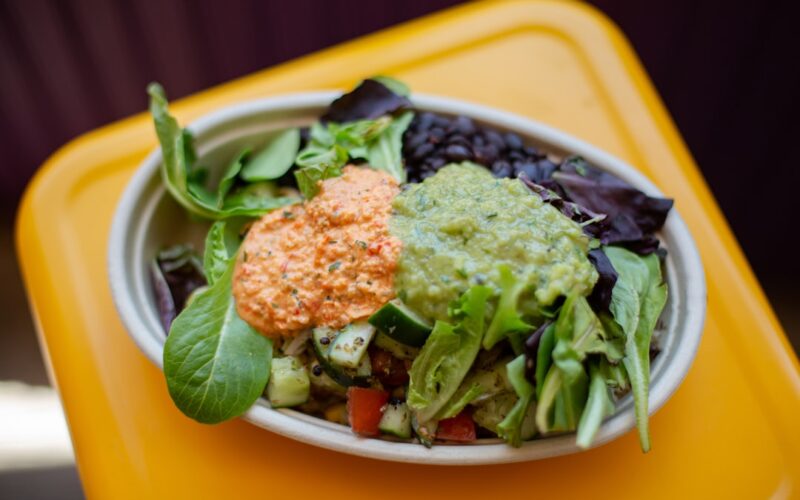If you’re among the millions struggling with chronic constipation, the latest advice from the British Dietetic Association (BDA) might surprise you. In its new 2025 guidelines, the BDA now officially recommends eating two to three kiwifruits a day for at least four weeks to help get your bowels back on track. This is the first time evidence-based dietary guidance like this has been issued for both healthcare providers and the public, and it’s backed by a growing body of scientific research.
Why Kiwi?
So what makes kiwi stand out in the sea of natural constipation remedies? According to the BDA, it’s the unique blend of natural fiber, high water content, and gut-friendly enzymes in kiwifruit that does the trick. Unlike old-school favorites like prunes—which work mainly by drawing water into the colon through a sugar alcohol called sorbitol—kiwi offers a gentler, less sugary approach. That’s great news for people who get bloated by dried fruits or need to watch their sugar intake.
Recent clinical trials show that eating two gold kiwifruits daily not only increases spontaneous bowel movements but also reduces straining—results that are on par with many fiber supplements. A broader meta-analysis, involving 11 clinical trials, found that kiwifruit improved stool frequency and consistency better than other fruits such as dates or orange juice. Plus, kiwi seems to help hydrate stools and speed up gut transit time, which can make a big difference for anyone stuck in a sluggish cycle.
Diet First—Not Laxatives
The BDA’s message is clear: real, lasting relief starts with your diet, not with a round of harsh laxatives. Alongside kiwi, the guidelines stress the importance of dietary consistency, drinking enough water, and eating a variety of naturally fibrous foods—think chia seeds, oats, lentils, spinach, and pears. Chronic constipation, after all, can lead to serious complications like hemorrhoids or even rectal prolapse if left unchecked.
Of course, there are some caveats. Kiwifruit isn’t a magic cure—severe constipation may still need medication or specialist care. And while kiwi is lower in sugar than many dried fruits, it’s not sugar-free, so people with strict carb control should take note. Still, for most folks with mild to moderate constipation or IBS-C (Irritable Bowel Syndrome with Constipation), two to three kiwis a day might be a simple, natural way to keep things moving.










